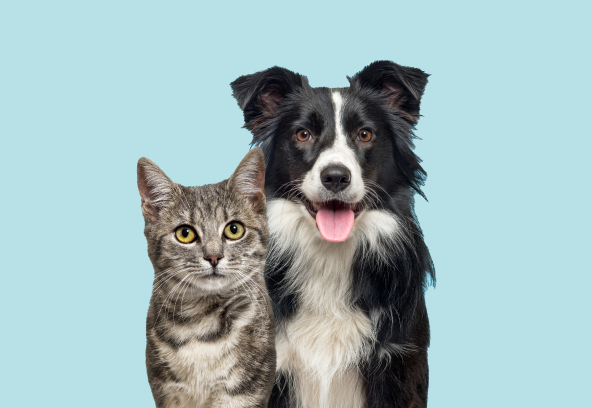Learn why chocolate is toxic to dogs, what symptoms to watch for, and how to respond in an emergency. Discover safe treat alternatives to keep your pup happy and healthy.
22 June 2025
If you're a dog owner with a sweet tooth, you've probably wondered: can dogs eat chocolate? The short answer is no—chocolate is highly toxic to dogs and can even be fatal in large enough amounts. But there are safe alternatives and ways to satisfy your pup's snack cravings without putting their health at risk. Here's everything you need to know about dogs and chocolate, plus some dog-friendly alternatives.
Why is chocolate toxic to dogs?
The danger of chocolate lies in two substances: theobromine and caffeine, both of which belong to a class of chemicals known as methylxanthines. While humans can easily metabolize these compounds, dogs process them much more slowly. This slow metabolism leads to a buildup of the toxins in their systems, potentially resulting in serious health issues.
The darker and more bitter the chocolate, the more theobromine it contains. For instance:
- Cocoa powder and baker’s chocolate have the highest concentrations
- Dark chocolate follows closely
- Milk chocolate contains less theobromine but is still dangerous
- White chocolate has very low levels, but can still cause other issues due to fat and sugar content
Symptoms of chocolate toxicity in dogs
Symptoms can vary depending on the size of the dog and the amount and type of chocolate ingested. Signs usually appear within 6 to 12 hours after ingestion and can last for up to 72 hours. Common symptoms include:
- Vomiting
- Diarrhea
- Excessive thirst or urination
- Hyperactivity
- Elevated heart rate
- Tremors or seizures
- Muscle rigidity
- In severe cases, coma or death
If you suspect your dog has eaten chocolate, contact your veterinarian or an emergency animal poison control line immediately.
What to do if your dog eats chocolate
Time is of the essence when dealing with chocolate toxicity. The first step is to assess how much and what type of chocolate was eaten, and your dog's weight. This information will help your vet determine the best course of action.
Veterinary treatment may include:
- Inducing vomiting (if within a few hours of ingestion)
- Administering activated charcoal to reduce absorption
- IV fluids for hydration and flushing toxins
- Anti-seizure medications if necessary
- Heart rate and rhythm monitoring
Never try to treat chocolate poisoning at home without veterinary guidance.
Dog-safe chocolate alternatives
The good news? You can still spoil your dog with chocolate-like treats that are completely safe! The most common alternative is carob.
What Is carob
Carob comes from the pod of the carob tree and is naturally sweet, caffeine-free, and theobromine-free. It has a flavor similar to chocolate, though a bit more earthy and less bitter. Carob is non-toxic to dogs and often used in dog-safe baked goods and treats.
You can find carob in:
- Dog biscuits
- Carob chips (great for homemade treats)
- Carob-covered bones or chew sticks
- Pre-made dog-safe "chocolate" bars or truffles
Just be sure to choose products specifically formulated for pets, as human versions might contain xylitol, a sugar substitute that is also toxic to dogs.
Why you should avoid sharing human treats
While it might be tempting to share your snacks with your furry friend, it’s safest to avoid human sweets entirely. Even beyond chocolate, many desserts contain ingredients that can be harmful to dogs, including:
- Xylitol (artificial sweetener)
- Raisins and grapes
- Macadamia nuts
- Caffeine and alcohol
Always stick with dog-approved treats or make your own at home using pet-safe ingredients.
How to keep chocolate out of reach
Preventing an emergency is always better than treating one. Here are a few simple tips:
- Store all chocolate products in high, secure cabinets
- Keep candy bowls and gift baskets out of reach
- Be cautious during holidays (Halloween, Christmas, Easter) when chocolate is more abundant
- Educate kids and guests not to feed your dog sweets
Final thoughts
While chocolate may be a sweet delight for humans, it’s a serious danger to dogs. Knowing the risks and being prepared can make all the difference in an emergency. Fortunately, with dog-safe alternatives like carob, you can still share special treat moments with your pup—minus the worry.
Keep your furry friend healthy and happy by sticking to pet-approved snacks and knowing exactly what to do if an accident occurs. When it comes to chocolate and dogs, it’s always better to be safe than sorry!



